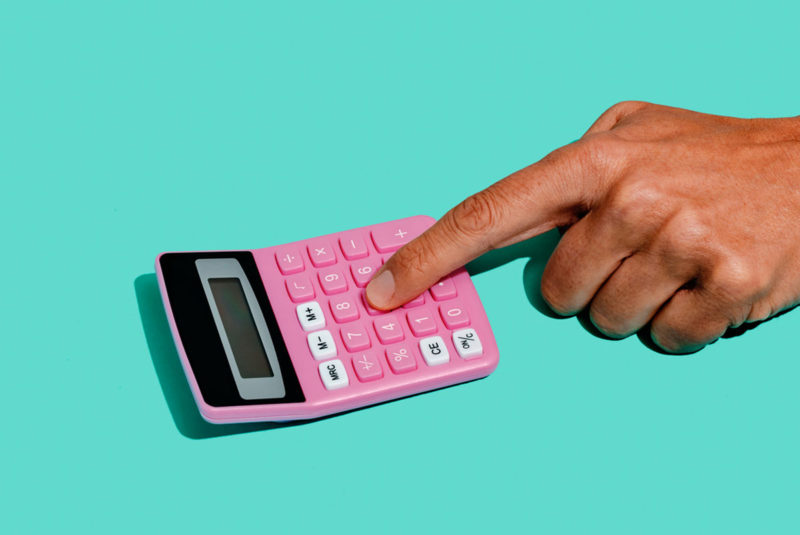I have a credit card that is not appearing on my credit report. How can I get the account added?
The short answer is that there isn’t much you can do to get an account added to your credit reports.
Creditors are not required to report credit card accounts on your credit reports. It’s their legal right to report to any or all of the major credit bureaus, but there’s no reason they have to. This is also why you may notice that not all of your credit accounts are reflected on all three of your credit reports (TransUnion®, Equifax® and Experian™).
While not seeing an account reflected on a report is possible, it doesn’t mean there’s an error. You could ask the creditor to report your accounts, but if they don’t regularly report accounts it’s unlikely they will for you.
Usually, you’ll see these types of debt-related accounts on your credit report: loans and lines of credit related to your mortgage, auto, student or personal loans, credit, gas and charge cards, accounts that have gone to collections (including unpaid medical bills), and certain public records, like bankruptcies.
What types of information won’t typically appear in your credit file or impact our credit history? Utilities, cable, and cellphone accounts, and insurers.
You’re also unlikely to see other public records, such as tax liens and judgments, on your credit reports as a result of policy changes among the nation’s consumer credit reporting bureaus. It’s not illegal for these items to be reported, however, so don’t rule out the possibility that you’ll see them on your reports in the future.
While it may sound unfair that you pay your bills and get none of the “credit” of your positive financial behavior reflected on your credit report, the fact of the matter is that reporting is up to the creditor.
Some financial institutions simply don’t want to incur the costs associated with providing accurate credit information to the bureaus and responding to disputes. Others may want to protect customer data from competitors.
Why Wouldn’t Your Credit Card Show Up on Your Credit Reports?
There are a few main reasons your credit card might not appear on your credit reports, including:
- It’s too new: New credit cards won’t typically appear on your credit reports for 30 – 60 days.
- The lender doesn’t report to every bureau: Some lenders pick and choose which credit bureaus they report to. Most major consumer credit card issuers report to all three — Equifax®, Experian™ and TransUnion® — but other types of lenders may only report to one or two (and some may not report lending data at all).
- It’s not a credit card: This might seem obvious, but it’s an important distinction: Debit cards and prepaid cards are not credit cards, and, as a result, will never appear on your credit reports.
- Erroneous reporting: Credit reporting errors aren’t all that rare. If none of the above situations apply and you’re sure your credit card should be on your credit reports, contact your lender.
How long until a new credit card shows up on your credit reports?
Nervous about a newer credit card that hasn’t shown up on your credit reports? Fear not — it may simply be too soon. Credit cards don’t pop up on your credit reports the moment you’re approved. It can take anywhere from 30 – 60 days for your account’s credit activity to be reported to the credit bureaus. It’ll usually happen after the first billing cycle comes to a close.
Will a Credit Card Affect Your Credit Scores if It’s Not on Your Credit Reports?
Whether omitted credit activity impacts your creditworthiness depends on your objectives and financial situation.
In the case of a home mortgage loan application, for example, lenders know that your credit reports vary by bureau. Typically, they’ll consider these variances in the bureau information and related credit score for balanced decision-making, often by taking the average, or “middle score,” for example.
The Bottom Line
You can ask the credit bureau, or the lender, to report the information to the bureau(s), but ultimately it’s their choice.
Your best bet as a consumer is to be informed. Ask lenders which credit bureaus they report to before you open the line of credit if their reporting practices are a key factor to your objectives. This is the best way to ensure that your payment history and responsible management of a credit obligation are reported to the credit reporting agencies.
Most consumers don’t realize that you can ask a lender if they choose to report their information to the credit bureaus. It’s not a huge secret, and most of them will gladly tell you if they report and to whom they report account information.
That said, don’t disregard your obligation to make on-time payments to lenders who don’t report. If you fail to make payments and your past due account becomes delinquent and gets turned over to a collections agency, they may indeed report to the bureaus. This negative information could appear on your credit report for the next seven years. There’s no language in any federal law, including the Fair Credit Reporting Act, that requires a lender to report anything to the credit reporting agencies.
The Short Version
- Can’t find a credit card account on your credit reports? It could be because the lender doesn’t report credit activity or because of a reporting error
- There’s no language in any federal law, including the Fair Credit Reporting Act, that requires a lender to report anything to the credit reporting agencies
- Credit cards don’t pop up on your credit reports the moment you’re approved. It can take anywhere from 30 – 60 days for your account’s credit activity to be reported to the credit bureaus




